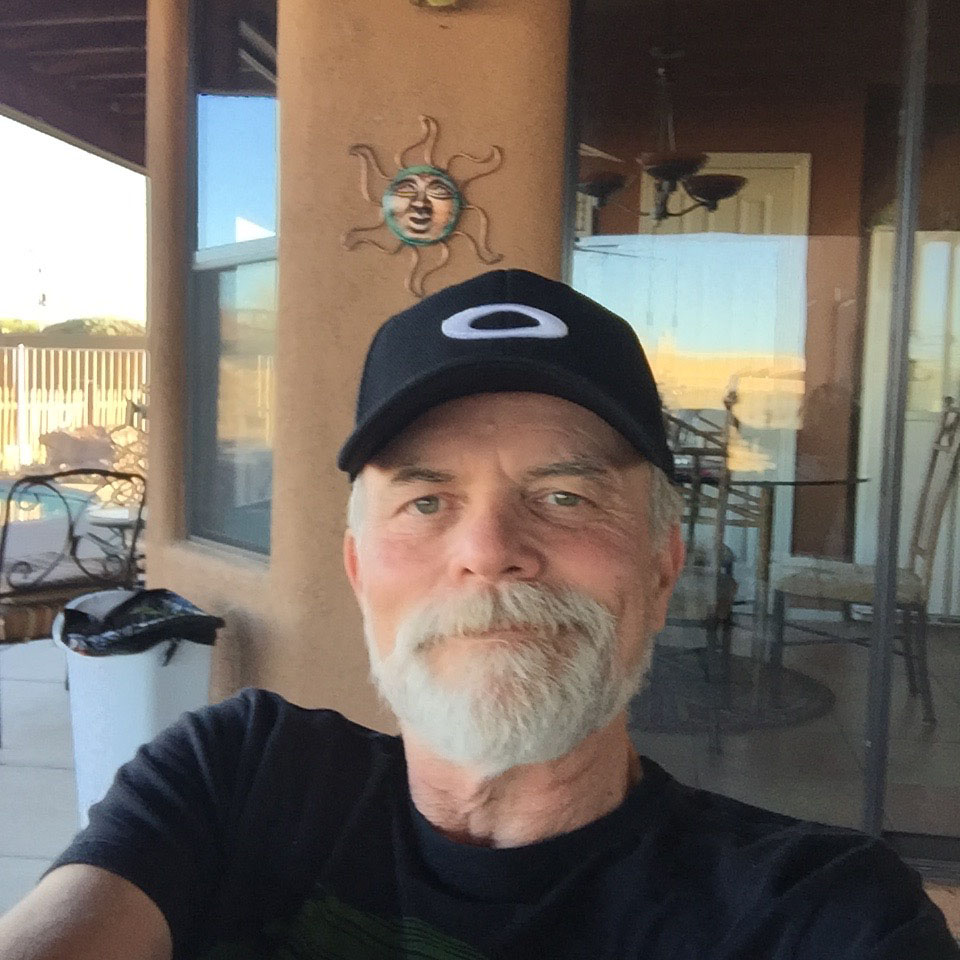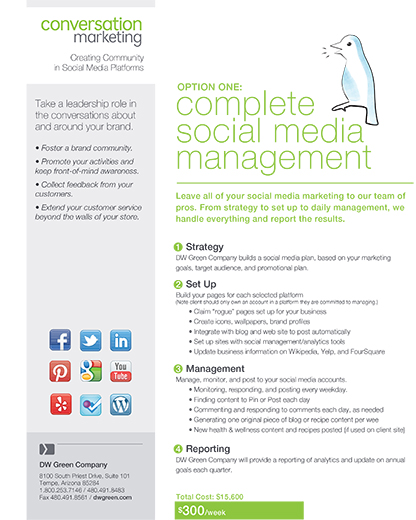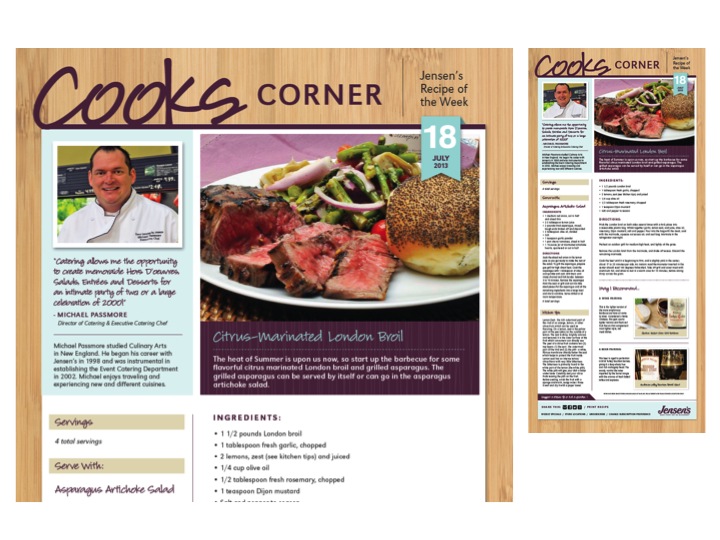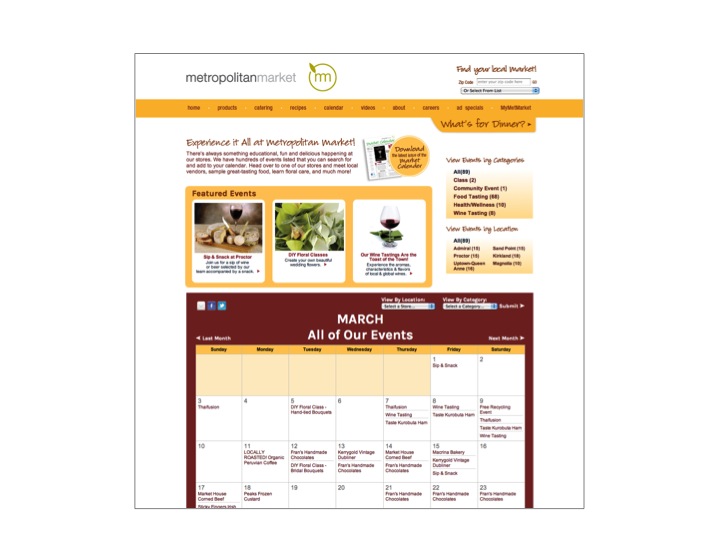DW's Blog
More Cool!
by DW Green — July 26, 2023

Brand marks are like punctuation symbols.
Read More – Old’s Cool
...read moreAre feelings relevant in an organization?
by DW Green — July 19, 2023

Begin to see ourselves in much richer dimensions.
...read more
Blamesville
by DW Green — July 12, 2023

The buck stops here.
Read More – At Least I’m Consistent
...read moreIf A Tree Falls In The Forest
by DW Green — July 5, 2023

We may also be able to say if there is no consciousness around, there is no tree, but we will save that for later.
Imitate or Innovate
by DW Green — June 28, 2023

Differentiation arises from both the choice of activities and how they are performed.
Always Love
by DW Green — June 21, 2023

Yet almost every situation is made better by love…
Read More – I Love You
...read moreMistakes Are Learning Experiences
by DW Green — June 14, 2023

When people are afraid of making mistakes, they shut down; they won’t take risks or try new ideas.
Ben Franklin once said “In this world nothing can be said to be certain, except death and taxes.” I would add mistakes to that list of certainties! All three are inevitable! Though it seems that we view our personal mistakes much differently than mistakes made by others. Especially those mistakes made by our subordinates. Why is that? Since we all make mistakes shouldn’t we extend the same forgiveness and understanding to our employees that we accord ourselves for our errors?
Unintentional mistakes just happen. Accept that reality. Identify the cause and work to improve the process. The notion that the same mistake will never happen again is erroneous. Like stubbing ones toe, one cannot guarantee the same mistake will never happen in the future.
What’s more troubling to me is when employees become fearful of making mistakes, for fear of reprisal or retribution. When people are afraid of making mistakes, they shut down; they won’t take risks or try new ideas. We learn from failure not from success. It’s best to treat mistakes as a learning experience. Discuss, learn and move forward...
read moreCool!
by DW Green — June 7, 2023

Brand marks are simple, clean, and an easy-to-remember graphic representation of a company’s Brand name.
Read More – The Band...read more
Kinship With Truth
by DW Green — May 31, 2023

A lifetime kinship with Truth.
Read More – I Got You
...read moreOpen to Everything
by DW Green — May 24, 2023

Have a mind that is open to everything and attached to nothing.





















































